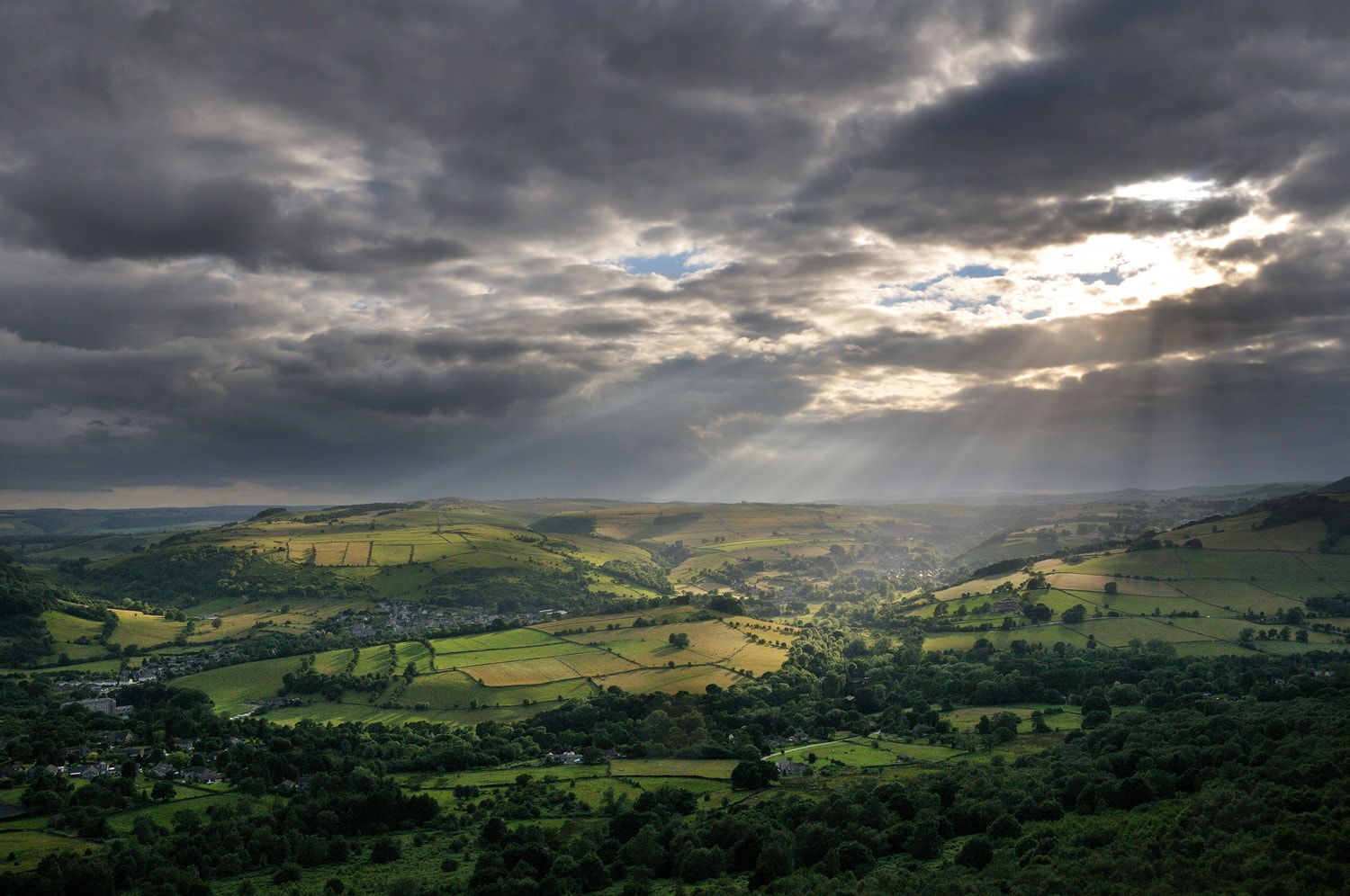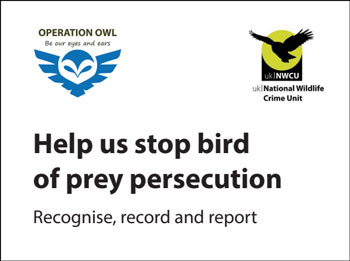How can I report suspected wildlife crime?

We encourage anyone who believes they have witnessed an incident of wildlife crime to report it to the relevant authorities, including the police. You should never put yourself, others or wildlife at risk in doing so. The Authority itself is not able to respond to incidents of wildlife crime directly.
Examples of wildlife crime may include, but are not exclusive to:
- The shooting, trapping or poisoning of birds of prey
- Disturbance of, or theft from nests of birds of prey
- Poaching, 'lamping' and hare coursing
- Disturbance to the breeding areas of protected species such as badgers.
All UK bird of prey species are protected by law.
You should also be aware that some wildlife and predator control activities are legal in the UK and therefore in the National Park, including:
- Some types of legal mammal trap (if set correctly in accordance with legislation)
- Predator control cages for licenced species such as corvids (crows)
- Legal large predator control, including by the use of firearms
Seasonal sport shooting of game species such as grouse and pheasants is also legal if undertaken in accordance with the relevant legislation.
Interference with these legal activities or equipment can also be a criminal offence in itself.
If you still remain concerned about something you have seen in the National Park you should call the police non-emergency number on 101 or 999 if the crime is happening there and then and it is safe to do so. You can also report anonymously to Crimestoppers on
The National Wildlife Crime Unit encourages the public to take note of exact locations (where possible) and photographs of any suspected incidents of wildlife crime. You should not or approach or intervene with wildlife that may be trapped or is a suspected victim of poisoning.


